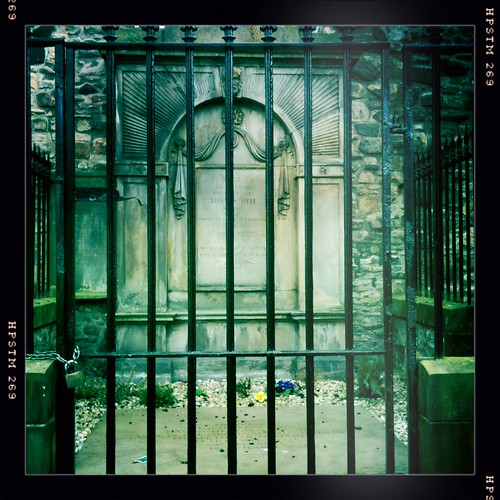Peter Barnard, in a comment on Jenni Russell’s recent column talking about REST (US | UK) points to an Adam Smith quote from the Wealth of Nations about the value of rest:
It will be found, I believe, in every sort of trade, that the man who works so moderately as to be able to work constantly not only preserves his health the longest, but, in the course of the year, executes the greatest quantity of work.
The quote is in Book 1, Chapter 8, “On the Wages of Labor,” and is at the end of this observation.
Excessive application during four days of the week is frequently the real cause of the idleness of the other three, so much and so loudly complained of. Great labour, either of mind or body, continued for several days together, is in most men naturally followed by a great desire of relaxation, which, if not restrained by force or by some strong necessity, is almost irresistible. It is the call of nature, which requires to be relieved by some indulgence, sometimes of ease only, but sometimes, too, of dissipation and diversion. If it is not complied with, the consequences are often dangerous, and sometimes fatal, and such as almost always, sooner or later, brings on the peculiar infirmity of the trade. If masters would always listen to the dictates of reason and humanity, they have frequently occasion rather to moderate than to animate the application of many of their workmen. It will be found, I believe, in every sort of trade, that the man who works so moderately as to be able to work constantly not only preserves his health the longest, but, in the course of the year, executes the greatest quantity of work.
So my next book SHORTER (US | UK) is essentially one long footnote to this paragraph, much as Western philosophy is a footnote to Plato, as Alfred North Whitehead put it.
